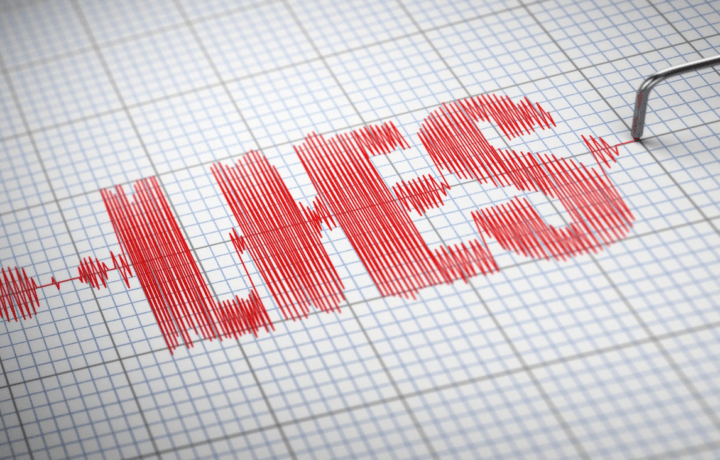Here’s your weekly DOHA dose – a shot of security clearance appeal cases and their outcome. The Defense Office of Hearings and Appeals releases the results of their security clearance appeals cases. They’re one of the best insights into which clearance cases are granted or denied in the Department of Defense.
TRUE OR FALSE: IT’S OKAY TO USE SPECIAL BREATHING TECHNIQUES DURING A POLYGRAPH EXAM?
We’ve all seen the movies – someone gets strapped to a polygraph machine and then uses the power of their mind to trick the machine, a la George Costanza in Seinfeld (“it’s not a lie if you believe it.”)
In this case, an individual undergoing a polygraph for a position with the Department of Defense relied on his ‘athletic training’ to control his breathing in an attempt to control the responses the polygraph machine would register. Clearly the applicant in question was not a good liar at all, because he later admitted to attempting to controlling his breathing, as well as admitting to information related to mishandling of protected information that hadn’t been previously disclosed. In the response to his Statement of Reasons which indicated his clearance was denied, the applicant said:
“During the polygraph exam, I was trying to control my breathing to slow my heart down. I had held back information that I later told [the examiner], and included in this statement.” The applicant stated that he “felt I had to pass the poly exam, so [I] decided to try to control my heart rate, which just caused me to need to breathe deeper during other questions. I let information about polygraph exams I learned from movies and TV shows cloud my head. The purpose I was trying to control my breathing to pass the
exam only.”
In his appeal, the applicant didn’t address the mishandling of protected information or personal conduct (lying on the SF-86) issues, but went for the due process defense. The applicant likely hoped that the dubious nature of the polygraph might lead to some kind of a procedural opportunity to refute the poly findings. It’s not an off-base approach. Lie detectors are not lie detectors as much as they’re ‘guilt admitters’ (which is why the George Costanza approach can actually work…the athletic breathing approach, not so much).
Security Executive Agent Directive 4 actually outlines that a clearance can’t be denied on the sole basis of a failed polygraph: “No adverse action concerning these guidelines may be taken solely on the basis of polygraph examination technical calls in the absence of adjudicatively significant information.”
I lied: and the poly caught it
The DOHA case doesn’t describe any information related to the applicant’s Guideline K (Handling Protected Information) and Guideline E (Personal Conduct) adjudicative criteria. Most likely, he knew the information was enough to cause clearance denial, and he was hoping he would be able to make a better case based on procedural grounds related to SEAD 4. The reality is while the government can’t deny a security clearance based solely on a failed polygraph, it can absolutely deny a clearance based on negative information disclosed during a polygraph – that’s the entire point.
In this case, the applicant likely admitted to something related to not protecting classified information at his office. The infraction could have been minor – something as simple as failing to lock a safe correctly or put something away properly. Like many security clearance cases, the infraction itself was likely a lesser issue than the applicant’s clear willingness to try to hide the issue from the government. Honesty is always the best policy. Once you’ve lied about something on your SF-86, it’s hard to mitigate the issue later – and nearly impossible if you wait until the government straps you to wires and starts asking you the question.
False: save your athletic breathing for the gym
In the case of the athletic breather and the DoD polygraph, the clearance was denied. The government has wide berth to only issue security clearances when it’s in the interests of national security. An applicant who lies, who admits to trying to beat the test, and who is later caught, doesn’t make a good case.



